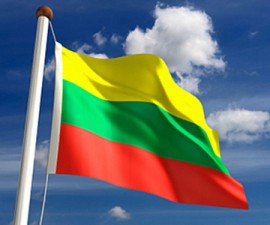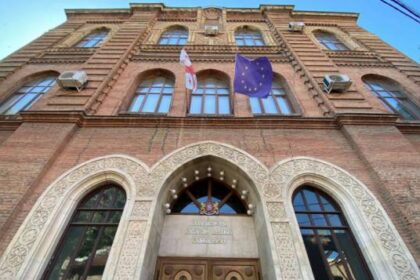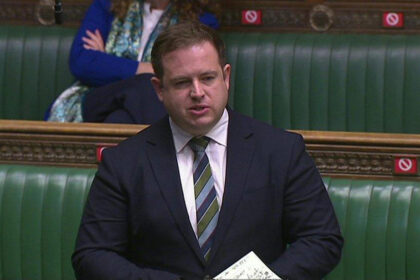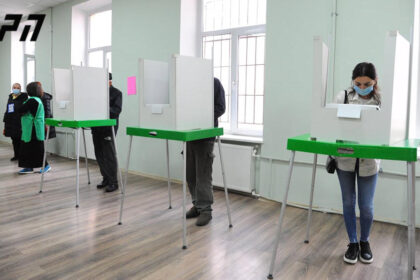**Lithuanian Foreign Ministry Speaks Out Against Georgian Government’s Crackdown**
The Lithuanian Foreign Ministry has issued a strong statement condemning the arrest of Nika Melia, a leader of the Coalition for Change. In a message posted on the social platform X, the ministry demanded that the ruling party, Georgian Dream, stop its “ongoing crackdown” against civil society and opposition in Georgia.
This development is significant because it highlights the growing international concern over the Georgian government’s treatment of its citizens who are speaking out against corruption and advocating for democratic values. The Lithuanian Foreign Ministry’s statement shows that they value the principles of democracy and human rights, and are willing to speak out when these values are being threatened.
The ministry’s call on Georgian Dream to stop the crackdown is a crucial one, as it highlights the need for the government to respect the rights of its citizens to free speech and peaceful assembly. The arrest of Nika Melia is just one example of the many instances where opposition leaders and activists have been targeted by the authorities.
The fact that the Lithuanian Foreign Ministry has issued this statement sends a strong signal that the international community is watching developments in Georgia closely. It also underscores the importance of democratic values and human rights in the region. As the situation continues to unfold, it will be interesting to see how Georgian Dream responds to these demands.
**What does this mean for Georgia?**
The Lithuanian Foreign Ministry’s statement has significant implications for Georgia, both domestically and internationally. Domestically, it highlights the need for the government to take a step back and respect the rights of its citizens. Internationally, it shows that the country is under close scrutiny from other nations that value democratic principles.
In particular, this development may put pressure on Georgian Dream to reconsider its approach towards civil society and opposition groups. The international community’s criticism may also influence the government’s decision-making process, particularly when it comes to issues like human rights and democracy.
Read More @ www.interpressnews.ge












